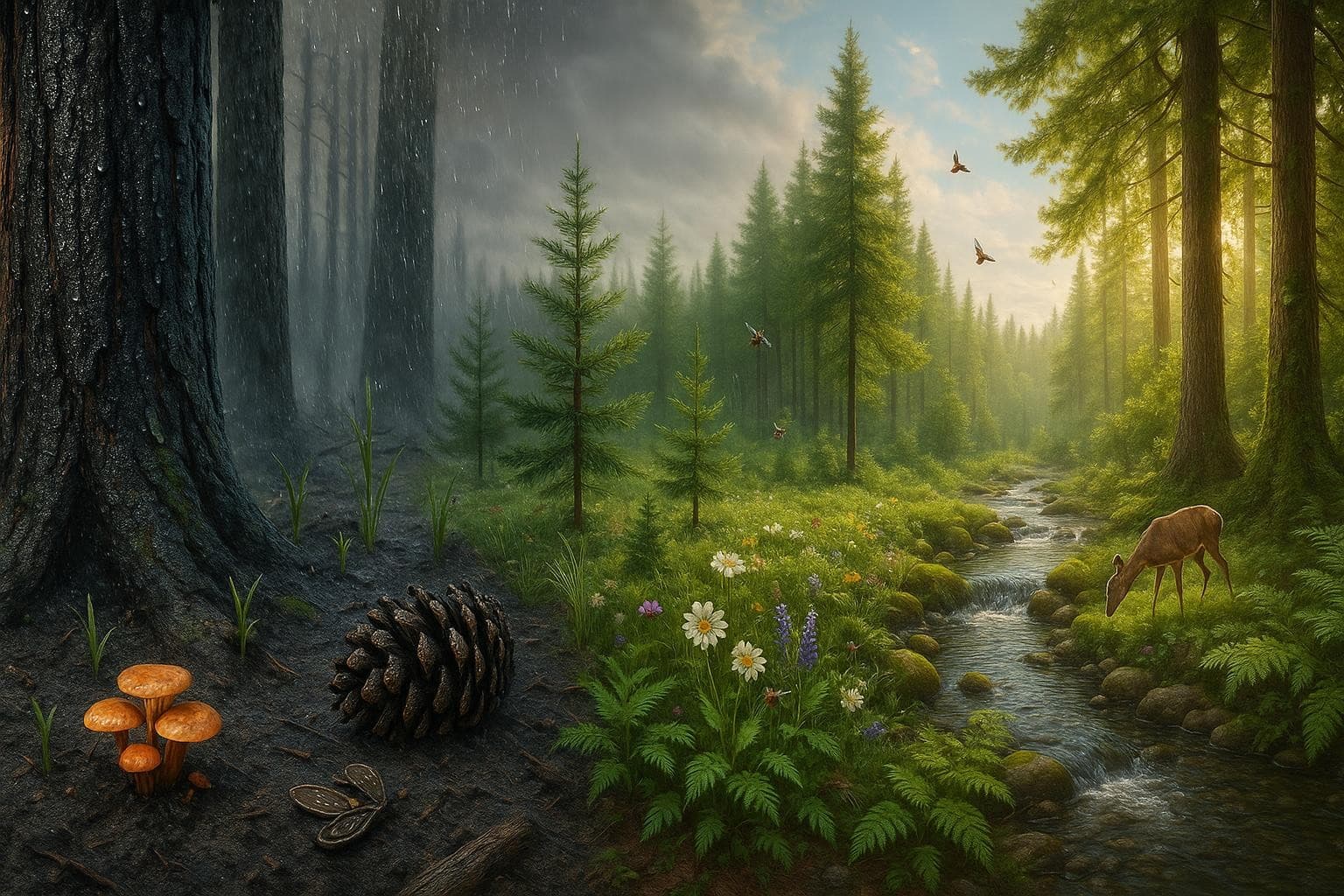Planting Questions, Harvesting Transformation Across Time

Plant the question; harvest the change. — Octavio Paz
The Seed Metaphor of Inquiry
Octavio Paz’s image invites us to treat questions like seeds: small, living packets of possibility that require placement, patience, and care. Planting signals intention, while harvesting implies time, labor, and the maturity of results. Between those moments lies cultivation—the difficult middle where conditions are created and tended so that new growth can take hold. Thus, the aphorism reframes change not as a sudden stroke of will, but as the organic outcome of sustained, thoughtful inquiry.
Paz’s Poetic Context and Civic Imagination
Paz often used poetry to pry open social and historical certainties, especially in The Labyrinth of Solitude (1950), where probing questions reveal Mexico’s layered identities. Likewise, his Nobel lecture, In Search of the Present (1990), urges a vigilant awareness that interrogates modernity rather than surrendering to it. Through this lens, a question is not a mere request for data; it is an act of civic imagination that prepares the ground for cultural renewal.
A Philosophical Lineage of Productive Doubt
This seed-and-harvest logic echoes philosophical traditions that elevate questioning as a method. In Plato’s Republic (c. 375 BC), Socrates’s elenchus plants unsettling inquiries that prompt reconsideration of justice and governance. Centuries later, Rainer Maria Rilke advised: “Live the questions now” (Letters to a Young Poet, 1903), suggesting that inhabiting uncertainty is itself formative. These precedents show how well-posed questions cultivate inner and public transformation alike.
Education as Question-Planting
Carrying the thread into pedagogy, Paulo Freire’s Pedagogy of the Oppressed (1970) replaces the “banking model” with problem-posing education—classrooms where teachers and learners co-create questions. Such inquiry does more than transfer knowledge; it nurtures critical consciousness, enabling communities to critique power and imagine alternatives. In this way, education becomes a field where the seeds of curiosity ripen into collective agency.
Science and Innovation: Curiosity’s Yield
Scientific revolutions often begin as carefully planted questions. Charles Darwin’s patient asking—why do species vary across islands?—eventually flowered into On the Origin of Species (1859). Marie Curie’s probing anomalies in uranium salts led to the discovery of radioactivity (1898), transforming physics and medicine. As Thomas Kuhn argued in The Structure of Scientific Revolutions (1962), such inquiries can shift paradigms, showing how disciplined curiosity harvests world-changing insight.
From Questions to Movements and Policy
Social change likewise germinates in reframed questions: the abolitionist cry “Am I not a man and a brother?” reoriented moral vision in the 18th–19th centuries; Sojourner Truth’s “Ain’t I a Woman?” (1851) unsettled gender and racial hierarchies; suffragists asked why citizenship excluded women, catalyzing legal reform. Once posed publicly, questions reshape agendas, institutions, and laws—moving from narrative to policy, and from conscience to concrete change.
Ethical Cultivation and Responsible Harvest
Yet not every question yields good fruit. Poorly framed inquiries—such as those that once rationalized eugenics—can seed harm. Therefore, ethical cultivation matters: include diverse voices, examine assumptions, and anticipate unintended effects. Like a careful gardener, we must weed bias, rotate perspectives, and steward the soil of trust. Only then can the harvest of change be nourishing, not poisonous.